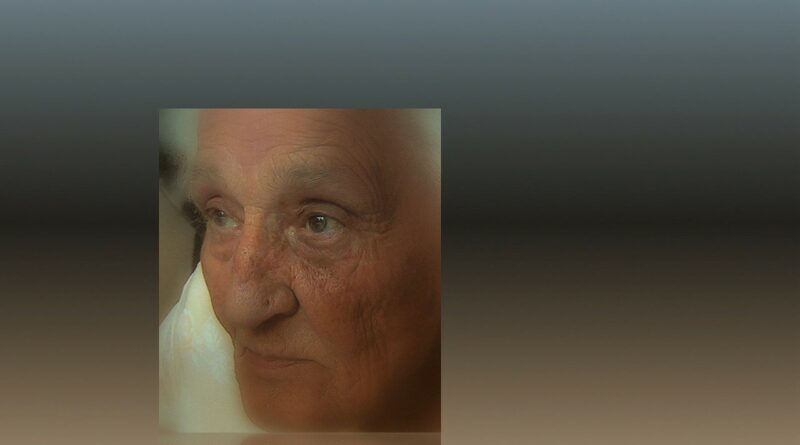Early Signs of Dementia
The early signs of dementia are very subtle and vague, and may not be immediately obvious. Early symptoms also depend on the type of dementia and vary a great deal from person to person.
Early symptoms of dementia
Although the early signs vary, common early symptoms of dementia include:
- memory problems, particularly remembering recent events
- increasing confusion
- reduced concentration
- personality or behaviour changes
- apathy and withdrawal or depression
- loss of ability to do everyday tasks.
Sometimes, people fail to recognise that these symptoms indicate that something is wrong. They may mistakenly assume that such behaviour is a normal part of the ageing process. Symptoms may also develop gradually and go unnoticed for a long time.
Dementia and mood, personality or behaviour changes
Everyone becomes sad or moody from time to time. Someone with dementia can have rapid mood swings, for no apparent reason. They can become confused, suspicious or withdrawn. Some can become disinhibited or more outgoing.
Dementia and loss of initiative
It is normal to get tired of some activities. Dementia may cause a person to lose interest in previously enjoyed activities or require cues prompting them to become involved.
Changes in personality
A person with dementia may seem different from his or her usual self in ways that are difficult to pinpoint. A person may become suspicious, irritable, depressed, apathetic or anxious and agitated especially in situations where memory problems are causing difficulties.
A person with dementia may seem different from his or her usual self in ways that are difficult to pinpoint. A person may become suspicious, irritable, depressed, apathetic or anxious and agitated especially in situations where memory problems are causing difficulties.
Things to remember
- The early signs of dementia are very subtle and vague and may not be immediately obvious.
- Although the early signs of dementia vary, there are some common early symptoms.
- People with dementia continue to need loving, safe relationships and caring touch.
- Strange behaviour is caused by the illness of dementia, not the person.
- Aggression can be physical, such as hitting out, or verbal, such as using abusive language. Aggressive behaviour is usually an expression of anger, fear or frustration.
- Some people with dementia overreact to a trivial setback or a minor criticism. This might involve them screaming, shouting, making unreasonable accusations, becoming very agitated or stubborn, or crying or laughing uncontrollably or inappropriately. This tendency to overreact is part of the illness and is called a catastrophic reaction.
Read Original Article




![Day 16 – How To Make Your Environment Creative [Oprah and Deepak Chopra Teachings]](https://www.forevernaturalwellness.com/wp-content/uploads/2017/05/nature-color-butterfly-176156_1280-150x150.jpg)


![Day 2 – Why Do We Get Stuck? [Oprah and Deepak Chopra Teachings]](https://www.forevernaturalwellness.com/wp-content/uploads/2017/04/present-moment-150x150.jpg)




